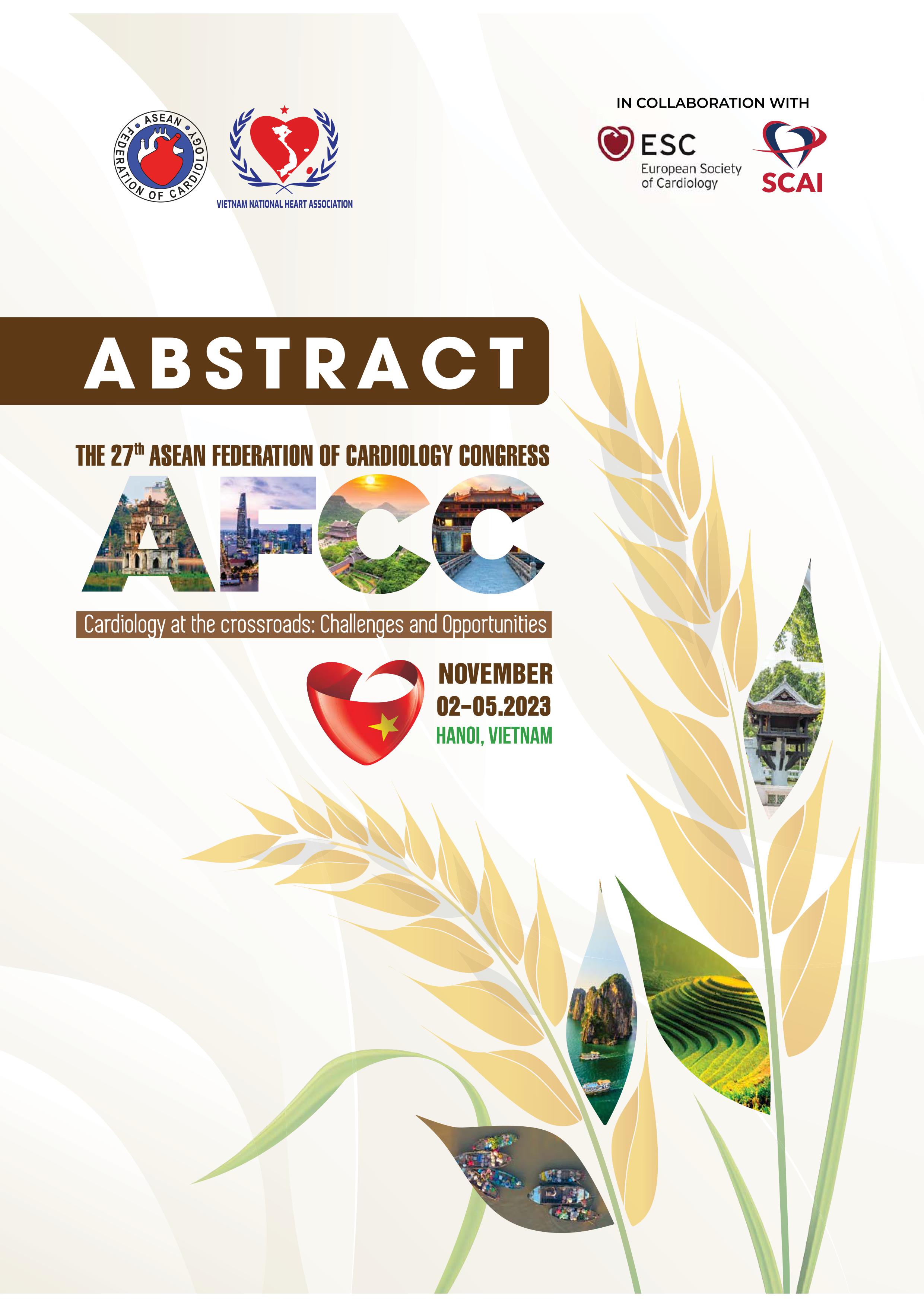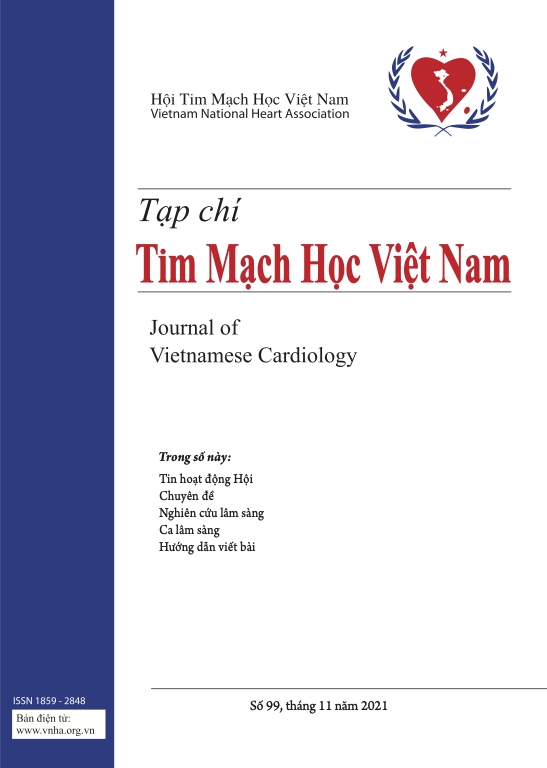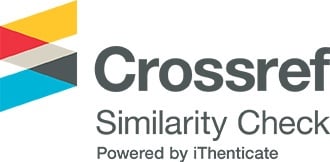Could direct supervision and clinical practice guidelines inhibit disruptions of cardiology residency training due to COVID-19 crisis
Tóm tắt
Background: COVID-19 crisis has profoundly affected healthcare systems with shortages of personal protective equipment (PPE) and overloaded hospitals with severely ill patients, particularly in the academic hospital. Whilst manpower is focusing on the patient and provider safety, there are several biggest challenges as an academic hospital for cardiology residency. We try to compare the Clinical Practice Guidelines (CPG) and direct supervision to control negative impact of COVID-19 crisis on clinical and financial outcomes in our cardiology ward.
Methods: We conducted a retrospective cohort study. We compared the situation during COVID-19 crisis (from March 1, 2020, to February 29, 2022) to before (from 1 March 2018 to 29 February 2020). This study collected with omnibus survey and observational study from cardiology residency training programs. The results were investigated using SPSS 25.0 and Smart-PLS.
Results: There were 41.4% decreasing in cardiology inpatient, increase 0.44 years in the average inpatient age (P=0.000), increase of medical cases by proportion (0.9%) and decrease by number (7005 cases) (P=0.045), decrease of intervention cases both proportion (by 0.9%) and number (1730 cases) (P=0.042), increase 2.62 % of CPG availability (P=0.000), decrease 3.99% direct supervision and decrease 7.46% availability of supervisors (P=0.000), increase supervision by consultant (1.34%) (P=0.000), decrease 21.9% adequacy of nurses (P=0.000), increase 0.4% 30days readmission (P=0.000), increase 0.31% in-hospital mortality (P=0.000), increase 3,937,400 IDR of total costs per patient (P=0.000), increase 524,800 IDR of hospital revenue per patient (P=0.000), and decrease 3,412,600 of insurance claim profit per patient (P=0.000). This study's structural model effectively predicted clinical outcomes (Q2= 0.238) and financial outcomes (Q2 =0.413).
Conclusion: Undoubtedly, COVID-19 crisis has affected cardiology resident training. We concluded that direct supervision may inhibited the negative impact of the COVID-19 crisis on both clinical and financial outcomes, while CPG only inhibited the negative impact on financial outcomes.








